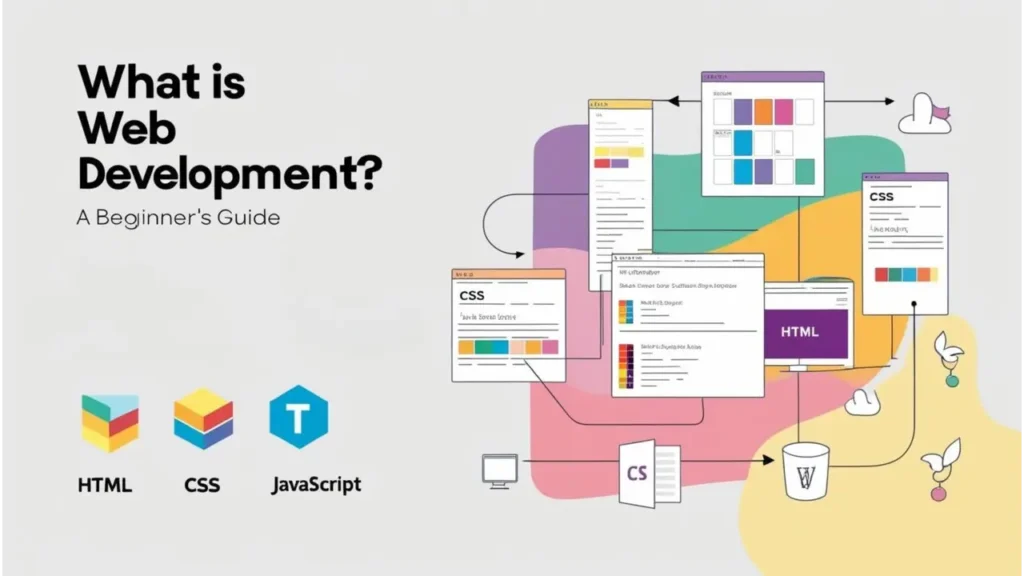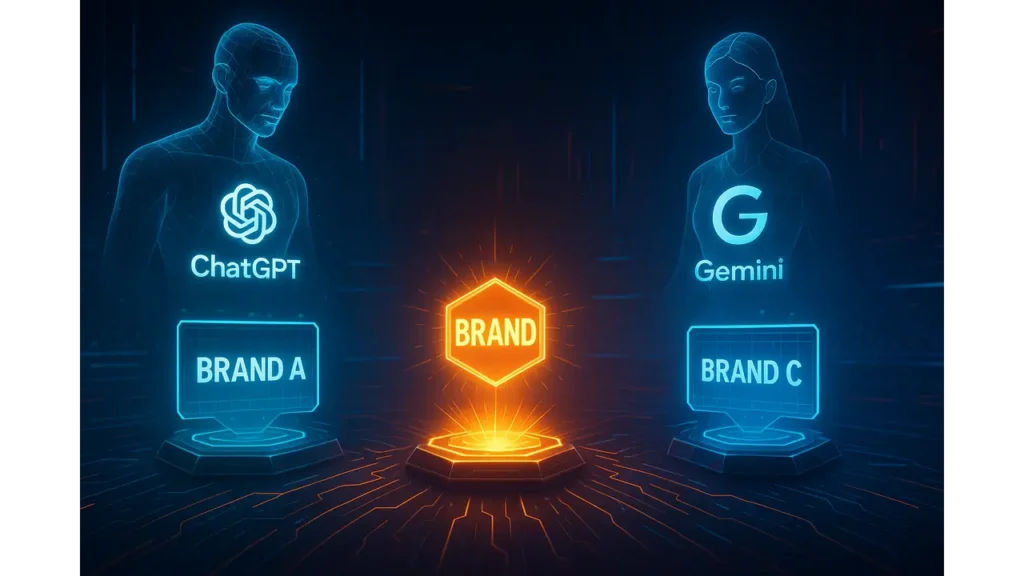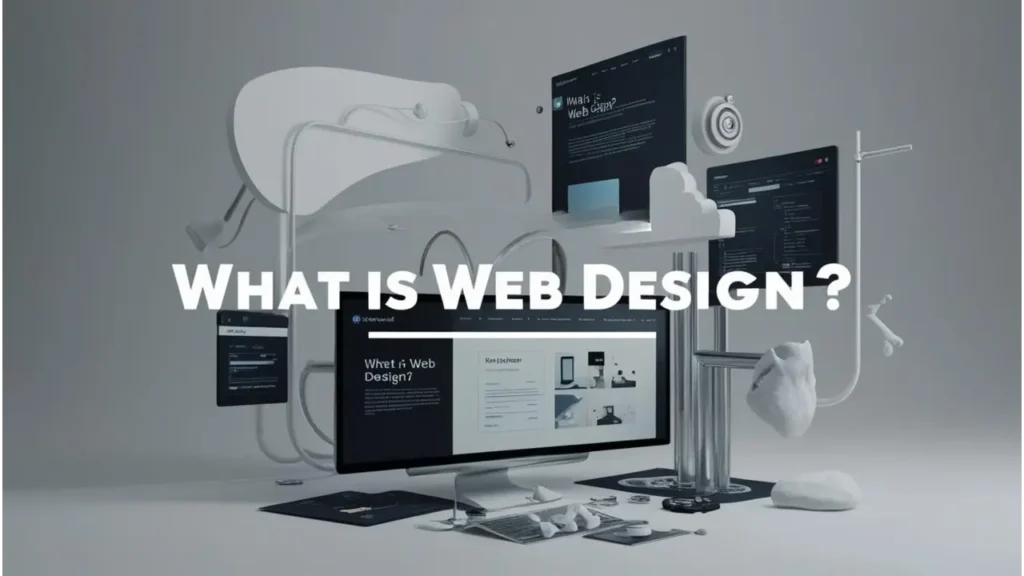The electric vehicle (EV) market is on the fast track to massive growth and innovation in 2024, presenting exciting opportunities for both established brands and startups. As the industry shifts from niche to mainstream, campaigns for EV startups are becoming more critical than ever. By embracing the right strategies and understanding the trends shaping the market, emerging EV brands can successfully navigate this competitive landscape and drive their businesses toward sustainable success.
In this blog, we will dive deep into the trends that are defining the EV industry in 2024 and explore how campaigns for EV startups can leverage these insights to connect with consumers, investors, and stakeholders alike.
Key Takeaways
- EV Market Growth in 2024
- Affordable Electric Vehicles
- AI and Autonomous Driving
- Sustainability and Ethical Manufacturing
- Charging Infrastructure Expansion
- Innovative Ownership Models
- Electrification of Commercial Fleets
- Partnerships with Tech Companies
- Focus on User Experience
- Effective Marketing Campaigns for EV Startups
Table of Contents
The Rapid Growth of the EV Market in 2024
The EV market has been growing at an unprecedented pace, fueled by increased awareness of climate change, governmental regulations, and technological advancements. In 2024, the EV industry is expected to continue its upward trajectory, with global sales projected to rise by over 30% compared to 2023. This growth presents a ripe opportunity for new entrants to make their mark.

Key Drivers Behind the Growth
- Government Incentives: Many countries are offering substantial financial incentives, tax breaks, and subsidies to encourage the adoption of electric vehicles. These initiatives reduce the cost of ownership, making EVs more accessible to the average consumer.
- Advancements in Battery Technology: Battery prices continue to fall, while performance improves. With higher energy densities and faster charging times, EVs are becoming more practical and appealing to a broader audience.
- Infrastructure Expansion: Charging infrastructure is expanding globally, easing the concerns about range anxiety. Public charging stations and home charging solutions are making it more convenient for drivers to switch to EVs.
Given these drivers, campaigns for EV startups should highlight how their offerings align with this broader market evolution. A key message could be focusing on how their innovations are reducing the cost and improving the convenience of EV ownership.
Top EV Trends to Watch in 2024
1. The Rise of Affordable EVs
One of the most significant trends for 2024 is the growing availability of affordable EVs. While Tesla and other premium brands have dominated the early EV market, there’s now a surge of lower-priced options, especially from startups and new players.
Affordable electric vehicles with a price tag under $30,000 are expected to flood the market, capturing the interest of middle-class consumers who previously found EVs too expensive.
How EV Startups Can Leverage This Trend
Campaigns for EV startups should emphasize affordability while showcasing performance, design, and sustainability. Startups need to communicate how they offer budget-friendly options without compromising on technology and user experience. For example, showcasing the total cost of ownership, including reduced maintenance and fuel costs, can be a powerful message.
2. Integration of AI and Autonomous Driving
The integration of artificial intelligence (AI) and autonomous driving features is another defining trend for the EV market in 2024. As companies like Tesla and Waymo push the boundaries of autonomous vehicle (AV) technology, many EV startups are incorporating semi-autonomous features to stay competitive.
AI can also optimize battery performance, improve vehicle safety, and enhance user experience with features like voice-activated controls and personalized driving modes.
How EV Startups Can Leverage AI in Their Campaigns
In their campaigns, EV startups should highlight how AI integration adds value for consumers. From smart navigation systems that learn user preferences to enhanced safety features like automatic emergency braking, showcasing these cutting-edge technologies can help differentiate startups from traditional automakers.
3. Focus on Sustainability and Ethical Manufacturing
Sustainability has always been a core selling point of electric vehicles, but in 2024, consumers are looking beyond just reduced emissions. They want to know about the entire lifecycle of the vehicle, including ethical sourcing of materials, sustainable manufacturing practices, and recyclability.
Startups that prioritize sustainability can capitalize on this demand by integrating environmental messaging into their campaigns. For example, highlighting the use of recycled materials or renewable energy sources in the manufacturing process can resonate with eco-conscious consumers.
Campaigning for Green and Ethical Practices
Campaigns for EV startups in 2024 should focus on transparency in their sourcing and manufacturing processes. Tying the narrative of sustainability to the entire lifecycle of the vehicle, from raw material extraction to end-of-life recycling, will help brands stand out in a crowded market. Showcasing certifications, partnerships with eco-friendly organizations, or adopting a carbon-neutral production process can enhance credibility.
4. Expansion of Charging Infrastructure
One of the biggest hurdles to widespread EV adoption has been the lack of charging infrastructure. In 2024, the expansion of fast-charging networks, coupled with improvements in home charging technologies, is set to eliminate this pain point for consumers.
Governments and private companies alike are investing billions of dollars to build more charging stations, especially in urban and suburban areas. Ultra-fast chargers, capable of fully charging an EV in under 20 minutes, are also becoming more common.
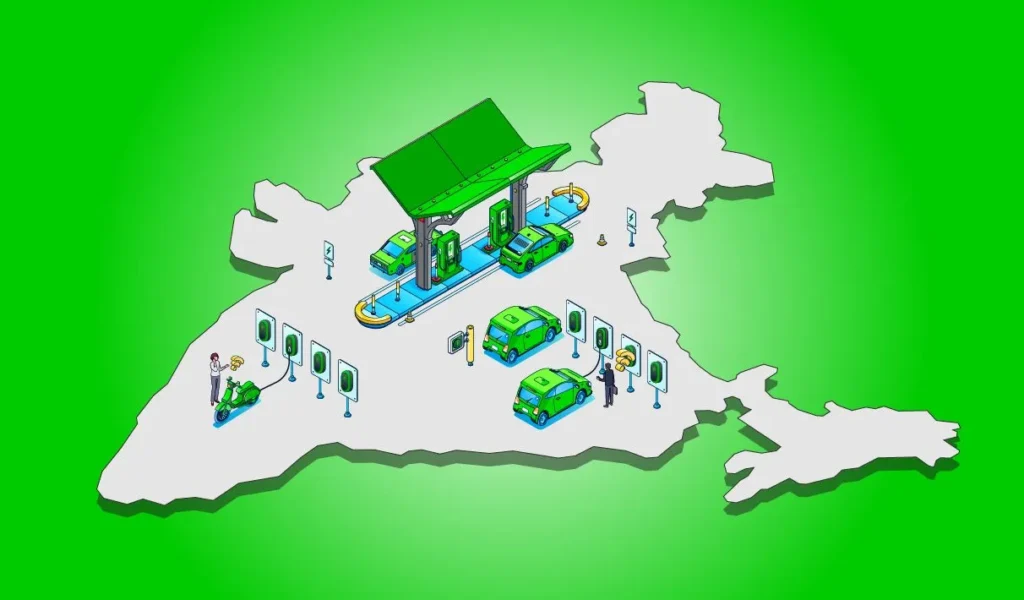
Charging Infrastructure as a Campaign Theme
For campaigns, EV startups should highlight how they are solving the charging problem for consumers. This could include offering partnerships with charging networks, providing home-charging solutions with vehicle purchases, or showcasing the compatibility of their vehicles with emerging charging standards.
5. Innovative Business Models: Subscription and Pay-Per-Use
As consumer behaviors shift, so too are the business models around electric vehicles. One of the biggest trends in 2024 is the move toward subscription-based ownership models or pay-per-use systems. Companies like Canoo and Rivian are experimenting with flexible ownership models that appeal to younger, urban consumers who may not want the long-term commitment of traditional vehicle ownership.
These models provide consumers with flexibility and affordability while still offering the benefits of having access to an EV when they need it.
Highlighting New Business Models in EV Startup Campaigns
Campaigns for EV startups should emphasize the flexibility and convenience of subscription-based or pay-per-use models. These business models can be particularly attractive to consumers who are hesitant about committing to a vehicle purchase but are interested in trying out EVs.
6. Electrification of Commercial Fleets
Another significant trend in 2024 is the electrification of commercial fleets. Companies like Amazon, UPS, and FedEx have already committed to transitioning their delivery vehicles to electric power. This shift is not only driven by cost savings on fuel and maintenance but also by the increasing pressure for companies to meet sustainability goals.
Tapping into Commercial Markets
For EV startup campaigns, targeting commercial and fleet customers can open up a new avenue for growth. Startups should emphasize the cost-efficiency, long-term savings, and environmental benefits that fleet managers can gain from switching to electric vehicles. Highlighting case studies or partnerships with established brands can add credibility to these campaigns.
7. Partnerships with Tech Companies
The line between the tech and automotive industries continues to blur, especially with the rise of electric vehicles. In 2024, partnerships between EV manufacturers and tech giants are becoming increasingly common. Collaborations with companies like Google, Apple, and NVIDIA are helping startups integrate cutting-edge technologies into their vehicles, from advanced AI to seamless infotainment systems.
Showcasing Tech Partnerships in EV Startup Campaigns
For EV startup campaigns, highlighting partnerships with tech companies can be a game-changer. Consumers are increasingly looking for vehicles that offer more than just transportation; they want a fully connected, tech-enhanced driving experience. By promoting collaborations with tech leaders, startups can demonstrate that they’re at the forefront of innovation.
8. Focus on User Experience (UX) and Customization
In 2024, customer expectations around user experience are higher than ever. Consumers want EVs that are not only functional but also offer a seamless, personalized experience. This includes intuitive infotainment systems, over-the-air updates, and custom driving profiles that adjust settings based on the driver’s preferences.
Campaigning on the UX Front
Campaigns for EV startups should focus on the user experience, emphasizing how their vehicles cater to modern, tech-savvy consumers. Offering customization options, such as unique interior designs or personalized driving modes, can appeal to a broader audience. Additionally, emphasizing over-the-air updates that keep the vehicle at the cutting edge of technology can attract consumers looking for longevity and value.
Key Strategies for Effective Campaigns for EV Startups
1. Leveraging Digital Marketing and Social Media
Digital marketing is a crucial tool for reaching a wider audience, especially for campaigns for EV startups. Utilizing social media platforms like Instagram, YouTube, and TikTok allows startups to showcase their vehicles in action, create engaging content, and interact with potential customers.
Social Media Campaigns
Video content, behind-the-scenes footage of production, and customer testimonials are all effective ways to build brand credibility and connect with audiences. Influencer partnerships can also help to reach niche markets and establish trust.
2. Engaging in Content Marketing and Thought Leadership
Content marketing allows startups to position themselves as thought leaders in the EV space. By creating blog posts, whitepapers, or video tutorials on topics such as sustainability, battery technology, and the future of electric mobility, startups can attract and educate their target audience.
Educational Campaigns
Campaigns focused on educating consumers about the benefits of EVs, how they work, and why they’re a better alternative to traditional vehicles can help overcome buyer hesitancy.
3. Partnering with Environmental and Clean Tech Organizations
Forming partnerships with environmental or clean tech organizations can help startups build credibility and reach eco-conscious consumers. These partnerships can also be integrated into campaigns, emphasizing the startup’s commitment to sustainability.
Sustainable Campaigning
Highlighting partnerships with eco-friendly groups, using sustainable materials, and pled
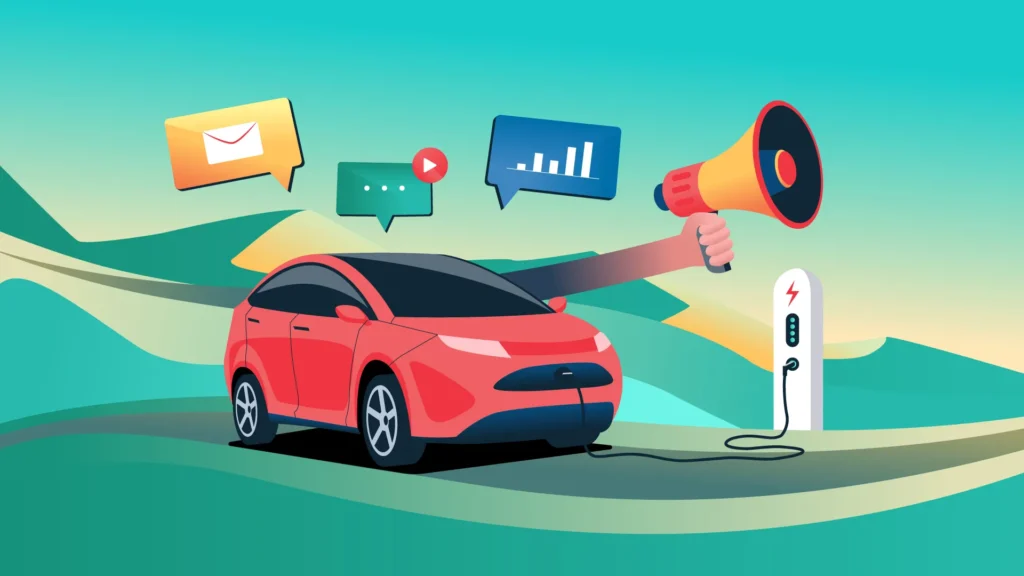
Buckle Up, EV Fanatics! Trends You Can’t Afford to Miss in 2024
The electric vehicle (EV) industry has seen tremendous growth in recent years, and 2024 promises even more exciting advancements. As EVs transition from niche products to mainstream vehicles, campaigns for EV startups are crucial to making an impact in this rapidly evolving market. Understanding the key trends driving the industry is vital for new entrants to capitalize on growth opportunities.
In this 2500-word blog, we’ll explore the most important trends in the EV industry and how campaigns for EV startups can leverage these trends to drive awareness, attract investors, and win over customers.
1. Explosive Market Growth in 2024
The global electric vehicle market continues its rapid expansion, with projections indicating that the sector will grow by over 30% in 2024. Governments are pushing harder for sustainability goals, with many countries setting aggressive timelines for phasing out internal combustion engine (ICE) vehicles.
Campaign Strategies:
For EV startups, emphasizing timeliness and sustainability in their campaigns is crucial. Consumers are increasingly aware of environmental issues, and they expect the same commitment from the brands they support. Campaigns for EV startups must capitalize on this by presenting their products as the ideal solution for eco-conscious drivers.
Startups should also highlight government incentives such as tax rebates, grants, and subsidies for EV buyers. By informing consumers about these programs, startups can ease concerns about the higher initial costs of electric vehicles.
2. The Rise of Affordable Electric Vehicles
Historically, electric vehicles have been seen as luxury items. However, 2024 marks a turning point, with many manufacturers and startups producing more affordable models. In fact, several EVs priced under $30,000 are hitting the market.
Campaign Strategies:
Affordability will be a key selling point for EV startups in 2024. Startups must highlight the total cost of ownership (TCO) in their campaigns, pointing out that while EVs might have a higher upfront cost, they save money in the long run due to lower fuel and maintenance costs.
Additionally, campaigns for EV startups can use comparative marketing to showcase how their vehicles stack up against traditional gasoline cars in terms of affordability, convenience, and long-term savings.
3. Autonomous Driving and Artificial Intelligence (AI)
Autonomous driving and AI integration have become more than just buzzwords in the automotive industry. In 2024, these technologies are gaining mainstream acceptance, with many vehicles offering semi-autonomous driving modes, advanced safety features, and AI-powered user interfaces.
Campaign Strategies:
EV startups integrating AI into their vehicles should emphasize cutting-edge technology in their campaigns. For instance, showcasing how AI improves the driving experience, enhances safety, or personalizes settings can attract tech-savvy consumers.
Autonomous driving is another area where startups can stand out. Campaigns for EV startups should highlight safety features like automatic emergency braking, adaptive cruise control, and self-parking as key selling points.
4. Battery Advancements and Range Improvements
Battery technology has seen significant improvements over the last few years, with EVs in 2024 boasting longer ranges, faster charging times, and more efficient energy usage. Advances in solid-state batteries, in particular, are expected to revolutionize the EV market.
Campaign Strategies:
Range anxiety has historically been a barrier to EV adoption. Campaigns for EV startups should focus on assuaging these concerns by emphasizing range improvements and fast charging capabilities. Using customer testimonials or data from independent studies to validate range claims can add credibility.
Moreover, if startups are using cutting-edge battery technology like solid-state batteries, this should be a key focus in their marketing efforts, highlighting the innovation and performance benefits of their vehicles.
5. Expansion of Charging Infrastructure
A growing charging network is crucial to increasing EV adoption. Governments and private companies are investing heavily in public and home charging solutions, reducing range anxiety for potential buyers. In 2024, fast-charging stations are becoming more common, allowing EVs to charge fully in less than 30 minutes.
Campaign Strategies:
Charging infrastructure is a big concern for potential EV buyers, so startups should address it head-on in their campaigns. Highlighting partnerships with charging networks and offering incentives like free or discounted charging packages can be strong selling points.
Additionally, offering home charging solutions as part of the vehicle purchase or lease can be a significant incentive for customers. Startups can also provide educational content on how easy it is to install home chargers and how it enhances convenience.
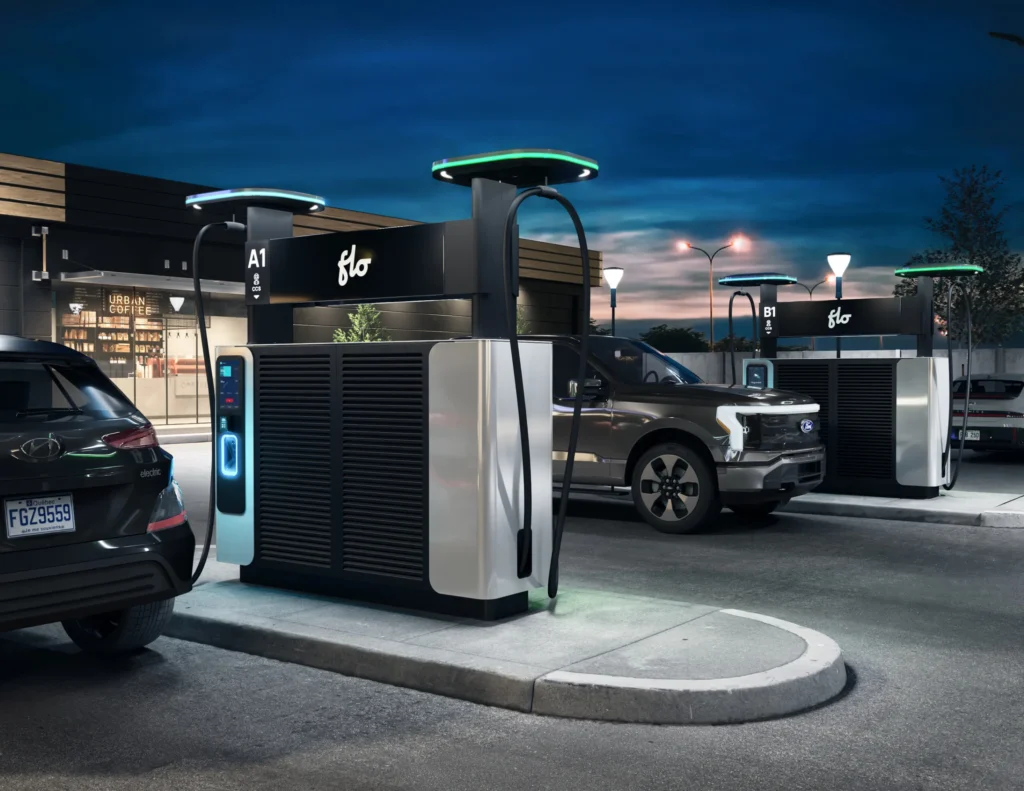
6. Sustainability and Ethical Manufacturing
Sustainability goes beyond zero emissions. Consumers today are more interested in the full lifecycle of products, from sourcing materials to production and end-of-life recycling. EV startups that prioritize ethical manufacturing and the use of eco-friendly materials are likely to resonate more with their target audience.
Campaign Strategies:
Transparency is key when it comes to promoting sustainability. EV startups should be open about their sourcing practices, the recyclability of their vehicles, and their efforts to reduce their carbon footprint. Campaigns for EV startups can use storytelling to convey the brand’s commitment to a greener future, possibly by highlighting partnerships with environmental organizations.
Leveraging certifications like ISO 14001 (environmental management) or Fairtrade certifications for raw materials can also build trust among eco-conscious consumers.
7. Subscription and Flexible Ownership Models
A significant trend in 2024 is the emergence of flexible ownership models, such as vehicle subscriptions and pay-per-use plans. These models are particularly appealing to younger, urban consumers who may not want the long-term commitment of owning a vehicle.
Campaign Strategies:
For EV startups offering these innovative ownership models, the flexibility and affordability should be front and center in their campaigns. Highlighting the ease of switching between vehicles, cancelling subscriptions, or adjusting usage plans will appeal to modern consumers.
Additionally, startups can use case studies or testimonials from existing customers who benefit from these flexible ownership models to build trust and demonstrate real-world value.
8. Electrification of Commercial Fleets
The transition to electric commercial fleets is another trend to watch in 2024. Large corporations like Amazon, UPS, and DHL have already started electrifying their delivery fleets, driven by the need to reduce operating costs and meet corporate sustainability goals.
Campaign Strategies:
Targeting commercial buyers requires a different approach than consumer marketing. Campaigns for EV startups aimed at the commercial sector should focus on cost efficiency, long-term savings, and reduced environmental impact. Highlighting lower maintenance costs and government incentives for electrifying fleets can make a strong case for EVs.
Additionally, showcasing successful fleet electrification projects or partnerships with well-known brands can lend credibility and help startups break into the commercial market.
9. Partnerships with Tech Companies
The convergence of tech and automotive industries continues to accelerate. In 2024, partnerships between EV startups and tech companies will become even more common, leading to more connected, innovative vehicles.
Campaign Strategies:
EV startups can leverage their partnerships with tech companies in their campaigns to showcase advanced features like voice assistants, AI-powered navigation, and smart integrations with home devices. Consumers are increasingly looking for seamless, connected experiences, and promoting these partnerships can attract tech enthusiasts and early adopters.
10. Enhanced User Experience (UX) and Customization
Consumers expect more than just functional vehicles; they want personalized experiences. EV startups that offer customizable options and an enhanced user interface (UI) will have a competitive edge in 2024.
Campaign Strategies:
Startups should emphasize UX-focused features like customizable driving modes, personalized climate controls, and over-the-air software updates in their campaigns. Consumers appreciate vehicles that adapt to their preferences, so offering these options can help differentiate startups from traditional automakers.
Additionally, campaigns for EV startups can use interactive demos or virtual test drives to show potential customers how easy and intuitive it is to use their vehicles.
F&Q
1. How fast is the electric vehicle (EV) market expected to grow in 2024?
The global electric vehicle market is projected to grow by over 30% in 2024, driven by increasing government support, environmental concerns, and advancements in EV technology.
2. Will there be more affordable electric vehicles available in 2024?
Yes, 2024 will see a rise in affordable EV models, with some priced under $30,000. EV startups and established manufacturers are focusing on producing budget-friendly options.
3. What role does AI play in electric vehicles in 2024?
AI will continue to enhance EVs with semi-autonomous driving features, personalized user interfaces, and advanced safety systems, making driving safer and more convenient.
4. How are EV startups addressing sustainability concerns?
Startups are focusing on ethical manufacturing, eco-friendly materials, and promoting sustainability throughout the vehicle lifecycle, from production to recycling.
5. What advancements are being made in EV charging infrastructure?
In 2024, fast-charging stations will become more widespread, allowing EVs to charge fully in under 30 minutes. Many startups are partnering with charging networks to improve accessibility.
6. What are subscription and flexible ownership models for EVs?
These models allow consumers to lease or subscribe to an EV without long-term ownership commitments, offering flexibility and affordability, especially for urban customers.
7. How are companies electrifying their commercial fleets?
Large companies like Amazon and UPS are transitioning to electric delivery fleets to reduce operating costs and meet sustainability goals, creating a significant market opportunity for EV startups.
8. How can EV startups use partnerships with tech companies to their advantage?
Partnerships with tech companies enable EV startups to offer advanced features like AI-powered navigation, smart home integration, and improved vehicle connectivity.
9. What are the key elements of an effective campaign for EV startups?
Successful campaigns focus on affordability, sustainability, innovation, and user experience while addressing concerns like charging infrastructure and range anxiety.
10. What should EV startups emphasize in their marketing campaigns in 2024?
EV startups should highlight affordability, cutting-edge technology (like AI and autonomous driving), sustainability, and improvements in battery range and charging infrastructure to attract both consumers and investors.
Conclusion
2024 is shaping up to be an exciting year for the electric vehicle industry, and startups have a unique opportunity to carve out their niche. By understanding the key trends—such as the rise of affordable EVs, advancements in AI and battery technology, and the expansion of charging infrastructure—startups can tailor their marketing efforts to meet the demands of a growing market.
Campaigns for EV startups in 2024 must focus on affordability, sustainability, and innovation, while also addressing concerns like range anxiety and charging accessibility. By aligning their campaigns with these trends, EV startups can capture the attention of eco-conscious consumers, tech enthusiasts, and investors, ensuring their place in the future of transportation.
The road ahead is bright for EV startups, and with the right strategy, they can help accelerate the world’s transition to cleaner, greener transportation solutions.
Contact us today to learn more : Wodo Digital.


